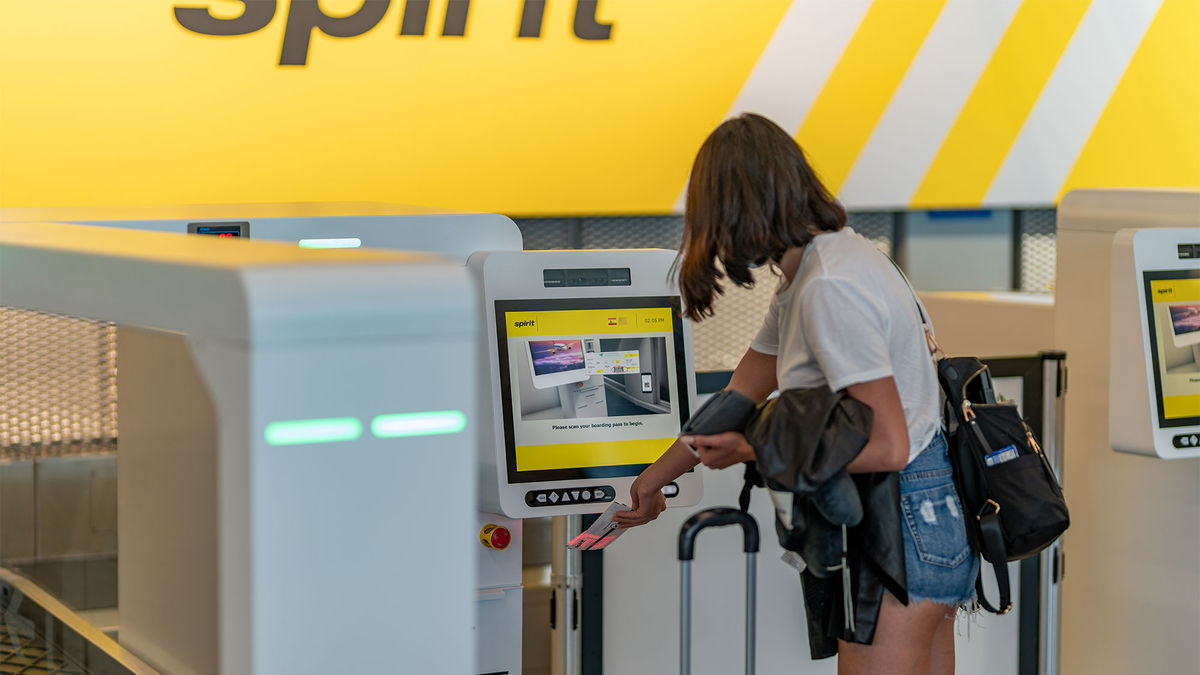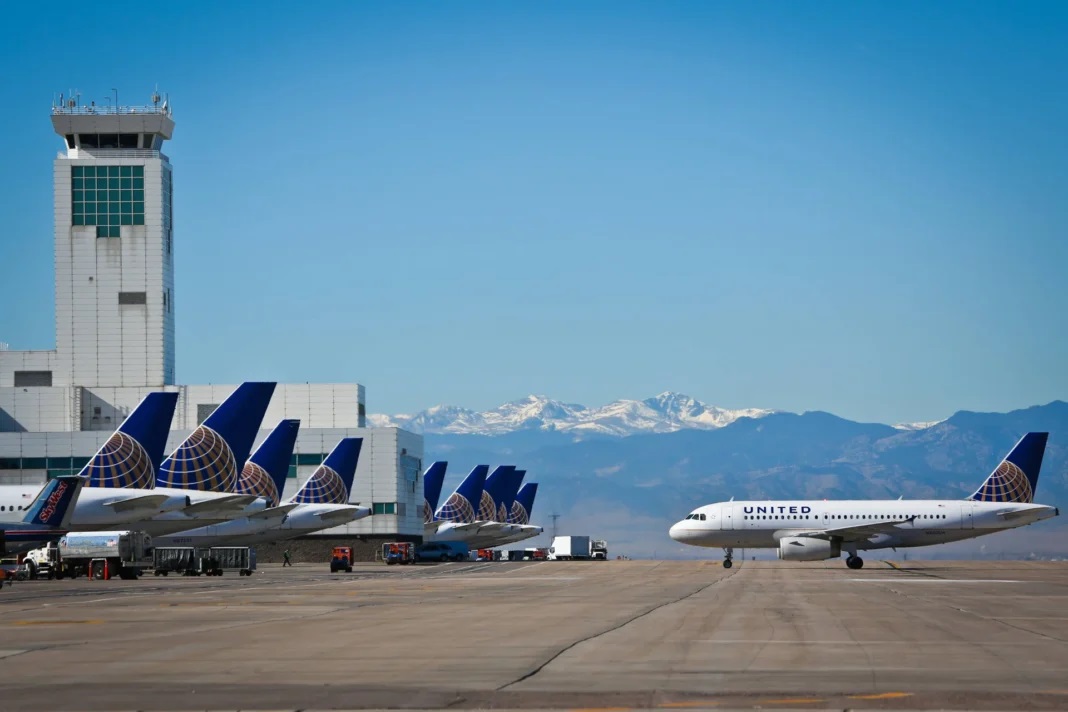Canadian government eases restrictions

Recent data indicates that the latest wave of COVID-19 driven by the Omicron variant has peaked in Canada. As provinces and territories adjust their public health measures, the country is moving toward a more sustainable approach to long-term management of the pandemic.
This transition is possible due to a number of factors, including Canada’s high vaccination rates, the increasing availability and use of rapid tests, declining hospitalization rates, and the availability of therapies and treatments.
Today, the Government of Canada announced a series of adjustments to current border measures, marking the beginning of a gradual relaxation of travel restrictions.
The country’s ability to transition to a new phase at the border is the result of the actions of tens of millions of Canadians across the country who followed public health measures, including vaccinating themselves and their families.
As of February 28, 2022 at 12:01 am EST:
The State will facilitate testing upon arrival for travelers with all vaccinations. This means that travelers arriving in Canada from any country, who qualify as fully vaccinated, will be randomly selected for on-arrival testing. Selected travelers will no longer be required to quarantine while awaiting their test result.
Children under the age of 12, traveling with fully vaccinated adults, will continue to be exempt from quarantine, with no prescribed conditions limiting their activities. This means, for example, that they no longer need to wait 14 days before attending school, camp or day care.
Unvaccinated travelers will still be required to be tested on arrival, on day 8 and in quarantine for 14 days. Unvaccinated foreign nationals will not be allowed to enter Canada unless they meet one of a few exemptions.
Travelers will now have the option of using a rapid COVID-19 antigen test result (taken the day before their scheduled flight or arrival at the land border or sea port of entry) or a molecular test result (taken no more than 72 hours before your scheduled flight or arrival at the land border or sea port of entry) to meet pre-entry requirements. Doing a rapid antigen test at home is not enough to meet the pre-entry requirement, it must be authorized by the country in which it was acquired, and it must be administered by a laboratory, health entity, or telehealth service.
The Government of Canada will adjust its Travel Health Advisory from a Level 3 to a Level 2. This means that the Government will no longer recommend that Canadians avoid traveling for non-essential purposes.
On February 28, 2022 at 4:00 p.m. EST, Transport Canada’s Notice to Airmen (NOTAM) restricting where international passenger flights can arrive in Canada will expire. This means that international flights carrying passengers will be able to land at all remaining Canadian airports designated by the Canada Border Services Agency to receive international passenger flights.








